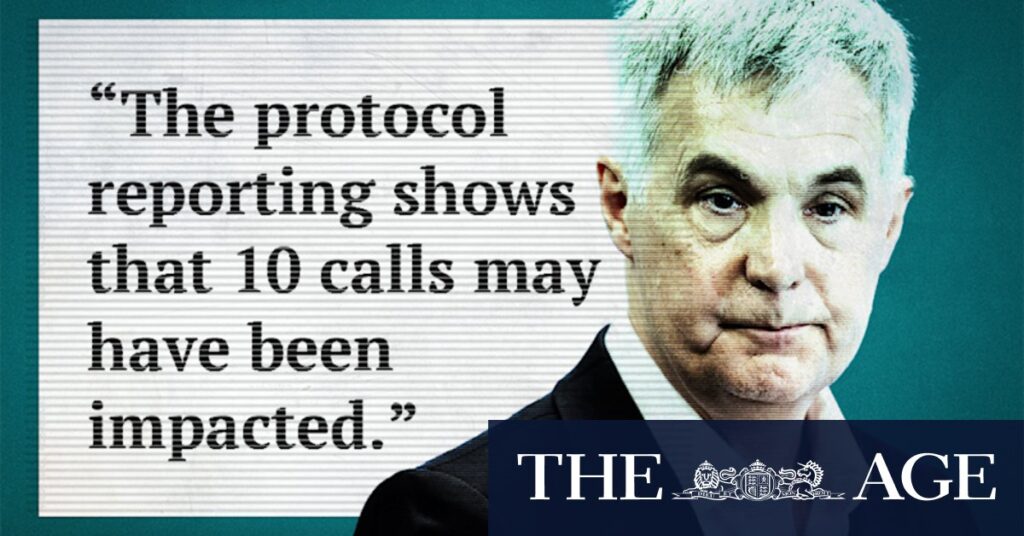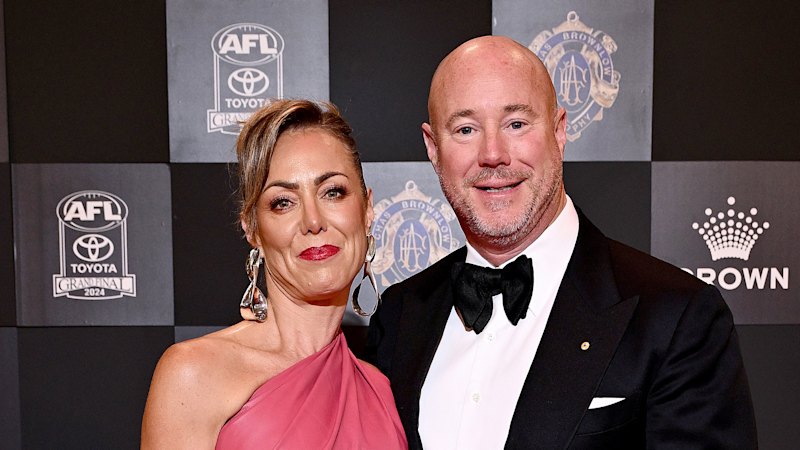
More than 24 hours after the initial incident, Optus CEO Stephen Rue stood before the cameras at a hastily arranged press conference, visibly strained. The telecommunications giant was under fire following a catastrophic failure that left 600 emergency calls unanswered, resulting in tragic consequences. Rue revealed, “I have been advised that during the process of conducting welfare checks, three of the Triple Zero calls involved households where a person tragically passed away.”
The revelation came after Optus’ corporate affairs chief, Felicity Ross, urgently contacted Wells’ chief of staff, signaling the gravity of the situation. The failure, which began on September 18 at 2:17 am in Western Australia during a firewall update, went undetected for over 12 hours. By the time South Australian emergency services alerted Optus at 1:30 pm, the damage was irreversible.
Timeline of the Disaster
The full timeline paints a devastating picture for both Optus and the affected families. Initial complaints from two customers at 9 am were not escalated, despite the fact that 3,600 offshore call center staff and only 250 in Australia were handling calls. The Telecommunications Industry Ombudsman received a complaint at 11:30 am, which was quickly referred to Optus, but it wasn’t until South Australian Police and ambulance services reported connection problems that the severity was realized.
By 11:20 pm, Optus had informed WA Police of 26 failed calls, describing it as a “minor outage.” The next day, the true scale became apparent, with the number of missed calls rising to 600 and three confirmed deaths: an eight-week-old boy, a 68-year-old woman, and a 74-year-old man.
Public and Political Reaction
South Australian Premier Peter Malinauskas expressed outrage, stating, “I have not witnessed such incompetence from an Australian corporation in respect to communications worse than this.” By September 20, Rue admitted that Optus call centers were informed as early as 9 am on September 18, and he apologized for the delayed notifications to premiers.
Meanwhile, WA Police confirmed a fourth death, a 49-year-old man from Kensington, Perth. On September 21, SA Police revised the death toll to three, as the death of the eight-week-old was deemed unlikely linked to the outage. Rue ordered an immediate halt to all further network changes.
Historical Parallels and Corporate Accountability
The incident draws parallels with the November 2023 Optus outage, which left over 2,000 Australians without emergency services access. Optus was fined $12 million in 2024, and Rue assured regulators it wouldn’t happen again. Yet, less than two years later, the company faces another crisis, highlighting ongoing management issues.
Optus owner Singtel’s CEO Yuen Kuan Moon is expected in Sydney for a board meeting, where questions about under-investment will be addressed. Critics argue the disaster was preventable, as Optus had protocols in place that were not followed during the upgrade.
“There are no words that can express how sorry I am,” Rue told reporters.
Future Implications and Industry Impact
As investigations unfold, Optus faces potential fines and regulatory scrutiny. The Australian Communications and Media Authority is investigating, and a new Triple Zero watchdog is being fast-tracked. Industry experts stress the importance of a robust Optus for competition, warning that Telstra could regain market dominance if Optus falters.
Telecommunications commentator Mark Gregory emphasizes, “It’s important to have a number of companies offering telecommunications products and services to provide competition and to potentially lower costs.”
As the scandal continues, law firms are considering class actions, and Optus’ customer base may shrink further. The company must now focus on rebuilding trust and ensuring such failures do not recur.
The Business Briefing newsletter delivers major stories, exclusive coverage, and expert opinion. Sign up to get it every weekday morning.







